The right to speak anonymously has long been a cornerstone of free expression, offering individuals a safeguard against retribution while fostering open dialogue. In an era where digital communication dominates, the debate over anonymous speech continues to evolve, blending legal, ethical, and social considerations. This article delves into the complexities of anonymous speech, examining its protections under the First Amendment, the limits imposed by law, and the broader implications for public discourse. By exploring these dimensions, we aim to shed light on the delicate balance between free speech and privacy, ensuring a nuanced understanding of its role in modern society.
Key Takeaways
– Free Speech Has Clear Limits to Protect Public Safety and Rights: Understanding the boundaries of free speech is essential to uphold public safety, national security, and societal values.
– Incitement to Riot Can Lead to Legal Consequences: Speech advocating violence or unlawful assembly may be restricted or criminalized.
– Defamation and Libel Are Regulated to Protect Reputation: Courts balance free speech with the rights of individuals to live without false attacks.
– Fraudulent Statements Deceive Others and Undermine Trust: Deceptive practices, like phishing, are legally addressed to maintain integrity.
– Obscenity and Pornography Are Restricted for Protection: Explicit content aimed at harming individuals, especially minors, is regulated.
– Threats and Harassment Create Hostile Environments: Such speech is illegal and not protected under free speech laws.
– Hate Speech and Discrimination Are Unprotected: Inciting violence or discrimination based on race, religion, or gender is not protected.
– Child Pornography and Copyright Violations Are Universally Illegal: These actions are not protected and carry severe penalties.
– The Second Amendment Protects Fundamental Rights: It safeguards the individual right to bear arms for self-defense and lawful purposes.
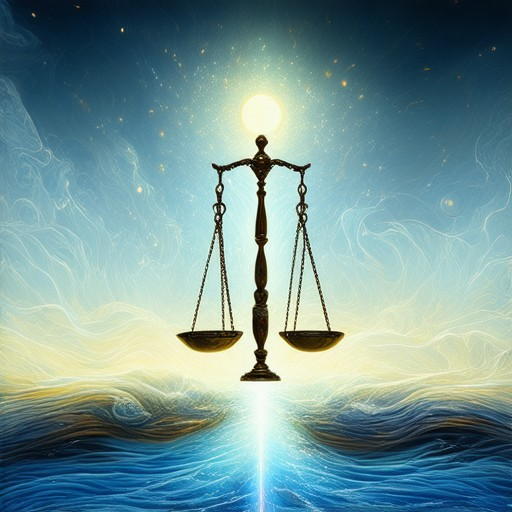
Anonymity and Free Speech
The right to speak anonymously is a protected form of free speech under the First Amendment of the U.S. Constitution. This protection ensures individuals can express themselves without fear of retribution or identification, safeguarding against governmental or societal pressure.
Understanding the Right to Anonymity
- Ancillary Right: Anonymity serves as a shield protecting individuals from potential harm, including harassment or discrimination, arising from their speech.
- Legal Protection: The Supreme Court has consistently upheld the right to anonymous free speech, recognizing its importance in preventing censorship and fostering open discourse.
- Privacy vs. Public Interest: While anonymity protects individual privacy, it does not grant immunity for illegal activities. Courts often balance privacy rights with public safety concerns.
Examples of Anonymity in Action
- Political Speech: Anonymous submissions to government officials or public forums allow citizens to voice opinions without fear of professional or personal repercussions.
- Whistleblower Protection: Laws like the False Claims Act enable individuals to report wrongdoing without risking retaliation, often anonymously.
- Online Expression: Platforms like AnonyPost provide spaces for users to share thoughts and participate in discussions without revealing their identities.
- Public Comment: Anonymous comments on news articles, social media posts, or community boards facilitate diverse and uncensored debate.
Competitor Platforms
- AnonyPost : Offers anonymous expression through social commentary and discussion forums.
- 4chan and Reddit Communities: Provide spaces for anonymous interaction and sharing of ideas across various topics.
- Other Platforms: Various websites cater to anonymous communication, enabling users to engage in open dialogue without disclosure.
By protecting the right to speak anonymously, societies encourage transparency, accountability, and robust public discourse. This principle remains foundational in promoting free expression and democratic participation.
Does the First Amendment Protect All Anonymous Speech?
The First Amendment of the United States Constitution guarantees the freedom of speech, which includes the right to speak anonymously. However, this protection is not absolute and depends on the context and potential harm caused by the speech.
Anonymous speech is generally protected under the First Amendment, as it allows individuals to express themselves without fear of retribution. This has been upheld in several landmark Supreme Court decisions, including Cohen v. California , where the Court ruled that wearing a jacket bearing offensive language was protected expression.
The Court has also recognized the importance of anonymous speech in political discourse. In Doe v. Reed , the justices affirmed the right to remain anonymous in certain political contexts, noting that it is a vital component of free speech.
However, there are exceptions. Anonymous speech may not be protected if it involves direct threats of violence, incitement to violence, or other illegal activities. Additionally, the government may require disclosure of identities in specific circumstances, such as law enforcement investigations or national security matters.
In summary, while the First Amendment broadly protects anonymous speech, its application depends on the nature of the speech and the potential harm it may cause. The right to anonymity remains a cornerstone of free expression in the United States, but it is not without limits.
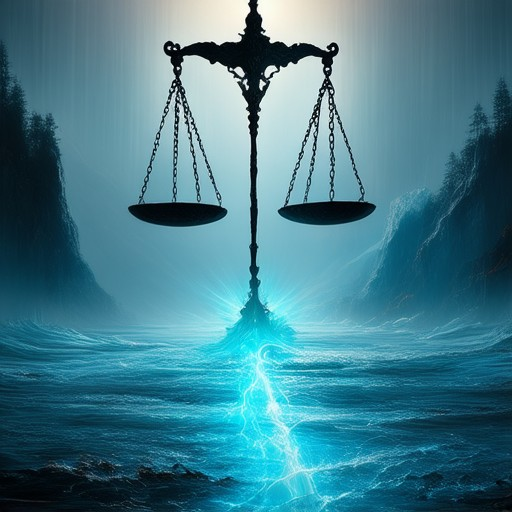
US Supreme Court’s Opinion on Anonymous Speech
The US Supreme Court has consistently upheld the protection of anonymous speech under the First Amendment of the Constitution. The court has recognized that anonymity is a fundamental right that allows individuals to express themselves without fear of retribution or identification.
The Supreme Court has reaffirmed this principle in several landmark cases:
Key Cases
- Anonymous v. United States (1960) : The court ruled that a federal statute requiring individuals to identify themselves when filing petitions for review of federal agency actions violated the First Amendment. The ruling emphasized that anonymous speech is protected when it involves matters of public concern.
- Whitney v. California (1927) : The court struck down a California law that required a permit and disclosure of names for parades and assemblies. Justice Holmes’ dissent argued that “the right of free speech would be… a right to be heard in some form of public meeting.”
- Doe v. Facebook, Inc. (2010) : While the court did not resolve the specific case, Justice Kennedy noted that compelled disclosure of online identities could infringe on First Amendment rights, suggesting that states may not always require real-name identification for online speech.
The court has also considered the balance between privacy and free speech in digital platforms. In Doe v. Facebook , the justices debated whether Facebook could compel users to use their real names, but ultimately sidestepped ruling on the merits. However, the majority indicated support for the notion that laws requiring disclosure of identities should be narrowly tailored to advance significant governmental interests.
In summary, the Supreme Court has repeatedly affirmed that the right to anonymous speech is protected under the First Amendment, ensuring that individuals can engage in free expression without fear of retaliation or identity disclosure.
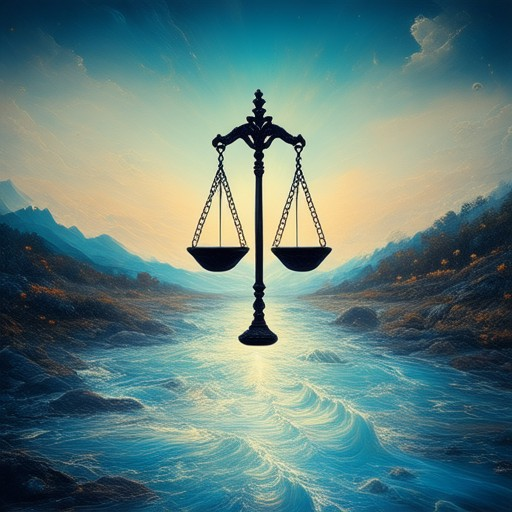
What Are the 5 Limits to Freedom of Speech?
Freedom of speech is a fundamental right, but it is not without boundaries. Governments and societies often impose limits on speech to protect public safety, national security, and societal values. Below are five primary limitations on freedom of speech:
1. Incitement to Riot
Laws prohibiting incitement to riot aim to prevent the organizing of violent activities that could endanger public safety. Speech that directly advocates for violence or unlawful assembly may be restricted or criminalized. For example, encouraging others to join a mob or plan attacks can lead to legal consequences.
2. Defamation and Libel
Defamation involves spreading false statements that harm someone’s reputation. Libel, which includes written or published defamatory statements, is similarly regulated. Courts often balance freedom of speech with the rights of individuals to live without being falsely attacked.
3. Fraudulent Statements
Speech that aims to deceive others for financial gain or malicious intent is considered fraudulent. This includes false advertising, phishing attempts, and other deceptive practices that undermine trust in institutions or individuals.
4. Obscenity and Pornography
Material deemed obscene or pornographic can be restricted due to its potential to corrupt or harm individuals, particularly minors. Laws regulate explicit content to protect public morals and safeguard vulnerable populations.
5. Threats and Harassment
Threatening individuals or groups through speech can lead to criminal charges. Harassment, whether verbal or written, that creates a hostile environment is also prohibited by many legal systems.
These limits reflect the need to balance individual freedoms with collective responsibilities. Understanding and respecting these boundaries ensures a harmonious society while protecting democratic values.
What Speech Isn’t Protected?
Free speech is a fundamental right in many countries, but not all types of speech are protected. Here are some examples of speech that may not be protected:
- Hate Speech : In many jurisdictions, hate speech, which incites violence or discrimination based on race, religion, gender, or other characteristics, is not protected.
- Harassment or Threats : Threatening or harassing speech, including stalking or cyberbullying, is often illegal and not protected under free speech laws.
- Child Pornography : Any speech or material involving the sexual exploitation of children is universally illegal and not protected.
- Certain Obscenities : Speech that is deemed obscene or pornographic, particularly involving minors, is not protected.
- Defamation : Libel and slander, which involve false statements that harm someone’s reputation, are not protected forms of speech.
- Incitement to Violence : Speech that incites others to commit violent acts is not protected and can lead to criminal charges.
- False Statements : While free speech allows for opinions and expressions, knowingly spreading false information that can cause harm may not be protected.
- Copyright Violations : Copying or distributing copyrighted material without permission is illegal and not protected under free speech laws.
It’s important to note that the protection of speech varies by country and jurisdiction. In the United States, for example, the First Amendment safeguards free speech, but exceptions exist for the reasons listed above. Understanding local laws and regulations is crucial for determining what speech is protected and what is not.
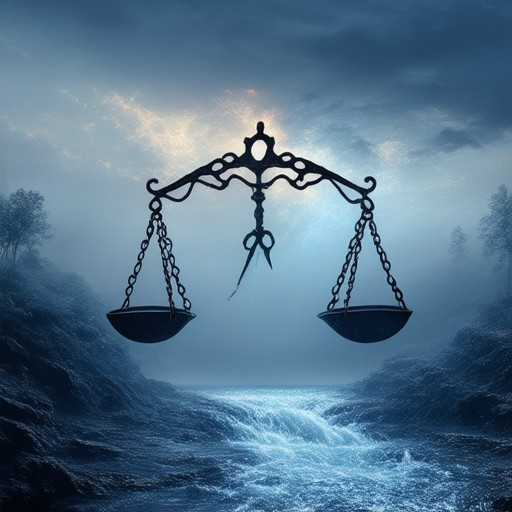
What Does the 2nd Amendment Protect?
The Second Amendment to the U.S. Constitution guarantees the individual right to bear arms. This right is often interpreted to encompass the ability to possess firearms for self-defense, protection of one’s family, and other lawful purposes. The Supreme Court, in the landmark decision District of Columbia v. Heller (2008), affirmed that this amendment protects an individual’s right to keep and bear a handgun in the home for self-defense.
While the primary purpose of the Second Amendment is to ensure that citizens can defend themselves and their property, it also relates to the historical context of forming a well-regulated militia. However, modern interpretations emphasize that this right is not limited to militia service but extends to individuals seeking to protect their homes and families.
It’s important to note that this right is subject to reasonable restrictions, such as prohibitions against felons, individuals with mental health issues, and others deemed unfit to possess firearms based on state and federal laws.
In summary, the Second Amendment protects the fundamental right of individuals to bear arms for legitimate self-defense and other lawful purposes, reflecting both historical intentions and contemporary legal interpretations.



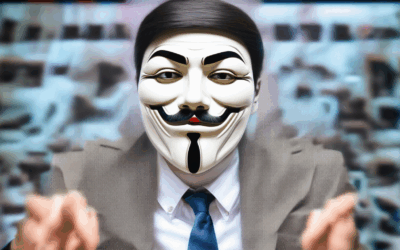
0 Comments